Last updated on July 25th, 2018 at 09:43 pm
Are you a musician looking for some part-time music jobs to help you with your financial needs?
For musicians, having a music job allows you to improve your craft while making money doing something your passionate about.
Here are the best part-time music jobs for musicians:
Table of Contents
1. Music Gigs
Performing gigs can be a good way for a musician to make some extra cash.
Whether it’s going on tour or booking a few gigs at some venues around your local town, gigs are essential ways for musicians to make money.
Not only are you able to make money performing music, you’ll be able to gain experiences that will help you grow as a musician and as a performer.
However, booking a gig isn’t easy.
You don’t just go around asking different club owners and promoters to perform at their venues.
You need to be very professional with your approach. Having a business mind will also help you with the process.
Skills Needed:
- Musical talent
- Ability to work with others
- Communication skills
- Marketing skills
- Networking skills
- Flexibility with many different music genres
- Stage performance skills
How to Get Gigs
First thing’s first, you’re going to need to find potential venues and places that are looking for performers.
The best place to start your search for potential gigs is in your local town.
Find out where other bands and musicians are performing and go to those venues/places.
Attend jam nights and open mic nights around your area.
This is a good chance for you to gain some experience performing live while meeting other musicians.
Start involving yourself with the music community in your hometown to network with other musicians and get an idea of how others perform their gigs.
Whether you are a solo performer or a part of a band, networking will be a very important skill to have.
The more venues you attend, the more opportunities you have for meeting club owners, promoters, musicians, and other people who are part of your local music community and the music industry.
Developing good relationships with these types of people will help you in the long run with your music career, especially when it comes to booking gigs.
Once you start having discussions with club owners and promoters about booking a gig for yourself or your band, make sure to keep these things in mind:
-First impressions are important
-Have samples of your music or previous works ready (Website, YouTube, Soundcloud, CDs, etc.)
-Be professional
-Don’t be afraid to negotiate your price
When approaching business owners and promoters, make sure you’ve done your research prior.
Know what kind of music is being played at this venue and see if it’s possible for you and your band.
If a business doesn’t have any live music performances, don’t be afraid to ask. You never know if they might be open to the idea.
Think of yourself and your band as a business, sending pitches to different companies to try out your product (Your Music).
Always sound confident in your approach and don’t worry if they say no.
That one gig you book someday might be the game changer for your music career.
For tips on actually performing live, check out 12 IMPORTANT Tips for Performing Live – THE ULTIMATE GUIDE
2. Session Musician
A session musician is a freelance musician for hire who performs music for studio recordings.
Being a session musician can be hard work, but if you have the necessary skills needed, you should have no problems that you can’t overcome.
Skills Needed to be a Session Musician
- Being able to perform a wide range of music
- Be able to work fast (Productive)
- Ability to read music
- Ability to work with others (Musicians, producers, sound engineers)
- Good Tone, rhythm, and accuracy
- Flexibility as a musician
- Knowledge of the music industry
- Communication skills
- Business skills
- Networking skills
How to get Session Musician Work
It is possible to find session musician work online or through job postings, but just like anything in the music industry, it’s about who you know.
Networking and having connections in the music industry can be the deciding factor in finding your next job.
I can’t stress enough how important it is to involve yourself with your local music community.
Find out where musicians are performing live and attend those venues.
Meet other musicians and network with them because you’ll never know when they will need an extra hand for their next studio recording session.
Start visiting your local recording studios so you can put yourself out there.
Make sure to present yourself as someone who would be nice to work with while also having the musical talent that they are looking for.
Talk about your past experiences as a musician so people will know that you are a professional at your craft.
The more people in the music community that know about you, the more potential opportunities you will have to get work as a Session Musician.
The Benefits of Having a Home Recording Studio
It’s a very good idea to have your own home recording studio/setup when finding work as a session musician.
Producers and recording studios may want to hear some of your previous recording work to see if you have the ability to play the music that they are looking for.
You may also have to do some of your session recordings at the comfort of your own home.
A recording studio may ask you to send some parts over online instead of actually walking into the studio for a recording session.
Having your own recording studio setup at home will be very beneficial as a session musician while also giving you that extra edge in an already competitive job market.
Working as a Session Musician is hard work and finding work can be difficult, but if you can stand out as a musician who is talented, but also good and reliable to work with, you will find more success as a Session Musician.
3. Working as a Music Teacher (Private Music Lessons)
Becoming a music teacher can be a very good way for a musician to make money.
As a music teacher, you will teach your students everything you know from basic fundamentals likes scales and chords to the more advanced music theory and techniques.
Instead of working for schools which pushes you to follow a curriculum, setting up your own business as a private music teacher will be best if you want more control over your lessons.
Constructing your own lesson plans for each individual student can take time, but there is also a sort of satisfaction that all teachers get when they see their students continually improving.
Skills Needed to be a Music Teacher
- Extensive knowledge of what they are teaching (Singing, Guitar, Piano, Drums, Music Theory etc.)
- The ability to teach a student of any level of skill
- The ability to construct lesson plans
- Years of music experience
- Good verbal communication skills
- The ability to motivate their students
- Flexibility to adapt to different students and their challenges
- Ability to balance a schedule
- Patience
- Networking Skills
- Marketing Skills
Getting Work as a Music Teacher (Finding Your Students)
In order for you to make money as a music teacher, you’ll need to find students who are willing to learn from you.
This can be very challenging, especially if you are not an established music teacher yet.
The most effective way for you to get started is through word of mouth.
Start visiting local schools around your area and ask the principals if you can have permission to share presentations at their schools.
Maybe construct some fun lesson plans that you can offer the school for a special presentation that may interest some students in learning music from you.
Start giving your business cards to people. Don’t have any business cards? Well, make sure you go and get some if you ever want to be a successful music teacher.
Make flyers advertising your services and find a way to post them around town.
Here’s another important tip to finding new students.
Establishing an Online Presence
Nowadays, having your own personal website or establishing yourself on different social media platforms can be an effective way of reaching potential students.
Make sure that your business card has a link to your website or social media accounts.
Parents and potential students may want to see some samples of your work to see if you are a credible music teacher.
This is a good time to direct them to your website or social media accounts or wherever else your work can be found.
It’s also easier to organize your work samples online.
Make sure to keep your website and social media platforms updated with all of your latest works.
Build your credibility as a Music Teacher
It can be tough at the start when you have no students who are willing to learn from you.
Start building your credibility, not just as a music teacher, but also as a musician.
Show your potential students why you are qualified to teach them and why they should choose you as their private music teacher.
Look for opportunities to perform your musical talents around town, especially at events and venues that have a lot of elementary or middle school kids.
Kids around this age tend to jump from hobby to hobby. The more kids you can spark an interest in learning an instrument that you can teach, the more potential students you can have for your private music lessons.
The last tip for building your credibility as a music teacher is to start showing your potential students that you will be a good and fun teacher to work with.
When presenting yourself, be enthusiastic and show an encouraging nature.
Make sure that your lesson plans are well constructed around each individual student while still maintaining a certain curriculum that you have established yourself.
Doing so will help each student learn in a manner that is suitable for them by putting less pressure into the lesson.
Students, especially younger students want to work with teachers who can build a good student to teacher relationship.
Constructing your lessons around each individual student will show your students that you are paying attention to their needs and adjusting to them.
And remember to always encourage your students to not give up and ensure them that you will be there to help them when they need it.
4. Working for a Music Store
For some, working at a music store looks like a dream job.
You get to spend your entire day surrounded by the things you are passionate about.
You get to converse with the many different people with similar passions to you.
Maybe jam some music on the multiple different instruments in the store on your downtime.
All of this plus you’re getting paid to be there.
As an employee of a music store, you will be assisting customers who are interested in purchasing instruments, accessories, amplifiers, recording equipment, and much more items that musicians need.
Some music stores also offer music lessons so you might be a part-time music teacher.
Do keep in mind that some stores pay you by commision, so if selling isn’t your strong point, it could be challenging for you if you find yourself in a position like that.
Skills Needed to Work at a Music Store
- Retail skills
- Skills in sales
- Knowledge of musical instruments and equipment
- Interpersonal skills
- Customer Service skills
- Ability to handle tough customers
- Ability to work with numbers (Handling cash)
- Skills in teaching
- Patience
How to Get a Job at a Music Store
Finding a job at a music store isn’t as complicated as finding work as a Session Musician or booking gigs.
It can be as easy as looking for job postings in your local area or online.
There are a few things you can do to increase your chances of getting a job at a music store.
Visit Your Local Music Stores
Start visiting your local music stores in your area. This is a good chance for you to get to know the people who are working at these stores.
This is also an opportunity for you to build a relationship with the workers and managers at these stores.
Talk to the workers about your interest in music. Make sure to sound knowledgeable while not trying to sound like you’re better than anyone.
Create an image of yourself as a very informative person who is also cool and laid back. The closer you can get with the people working at these music stores, the better chance of you getting the job or even being offered to work for them even if there was no job posting in the first place.
Music stores are places for musicians to come and purchase music gear and equipment, but it can also be found as a good place for musicians alike to socialize with people of the same passions.
Benefits of Working at a Music Store
Working at a music store can be very beneficial for you as a musician.
You can increase your knowledge of musical instruments, gear, equipment for recording and live performances, different styles of music and musicians, and so much more.
It can also be a good place for you to meet and network with many talented musicians.
While it can be a good place to start making some extra cash to gain some financial stability as a musician, your networking with other musicians may open up more opportunities for different music jobs such as gigs and session work.
You also develop skills in sales which is a very important skill to have as a musician.
Think about it, as a musician, you are trying to sell your music and services to others so you can make money doing something you love.
Overall, it can be a great place to start for any musician to make some money, but always try to advance in your music career by setting yourself up for more opportunities.
5. Freelance Music Jobs
The last type of work I want to talk about is the different freelance music jobs that are out there for musicians.
There a many projects out there that you can find either in your local area or online that offer payments for your services.
Booking freelance music jobs do require you to have a high level of skills and expertise in your specialty whether it be playing an instrument, doing vocals, or mixing and sound engineering.
Some examples of freelance music work that you can find include:
- Transcribing music
- Songwriting
- Mixing and mastering tracks
- Composing music for films and commercials
- Session Musician Work
- Booking gigs with other freelance musicians
As a Freelance musician, work can be steady as long as you are continuously trying to find work and putting yourself out there.
Again having your own website can help with your credibility when offering your services for freelance work as a musician.
There are also websites like Fiverr, which are great places for you to offer your services online.
The possibilities are endless, but just keep in mind that this kind of work is very competitive and you need to be able to distinguish yourself from your competitors.
Final Thoughts
There are a lot of different ways that you can make money as a musician, especially now with the internet making it easier for you to connect with people.
The music industry is highly competitive so make sure to find ways to distinguish yourself from your competitors.
These part-time music jobs are just some of the many opportunities you have as a musician who is trying to make money in the music industry.
Do keep in mind that there are people in the music world who will try to take advantage of you, so make sure to always keep an eye out for any suspicious deals or shady people who want to work with you.
Well there you have it, here are some of the best part-time music jobs you can get as a musician. Hopefully, this has helped you in your search for some work as a musician.
Do you have any thoughts on the information I have shared? Maybe you have some recommendations for some other music jobs you have experienced in your music career.
Any information you share can be valuable to someone else so don’t hesitate to start a discussion down below.


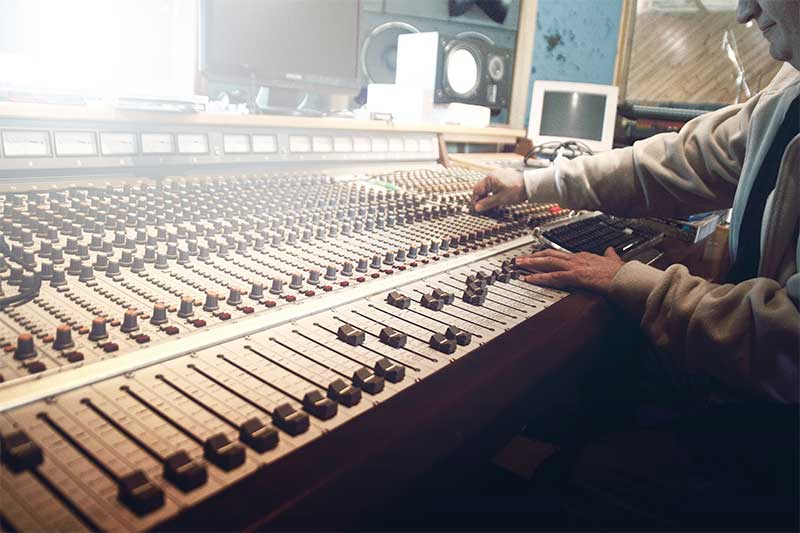
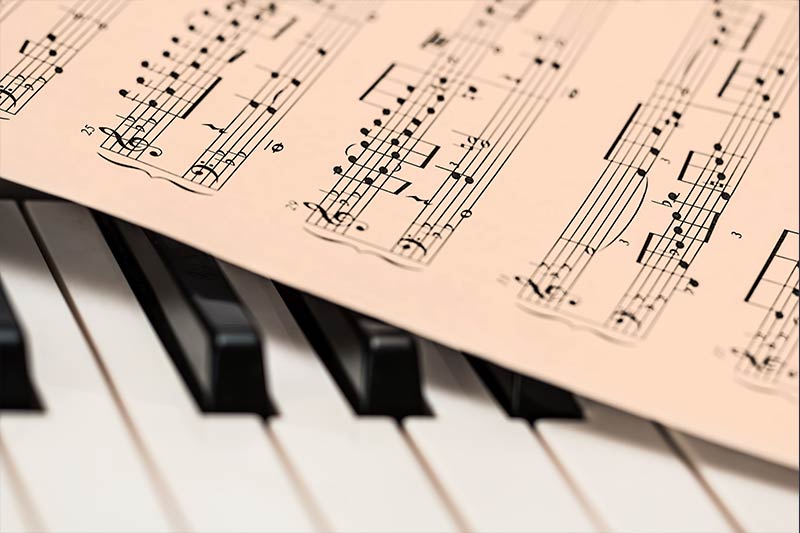
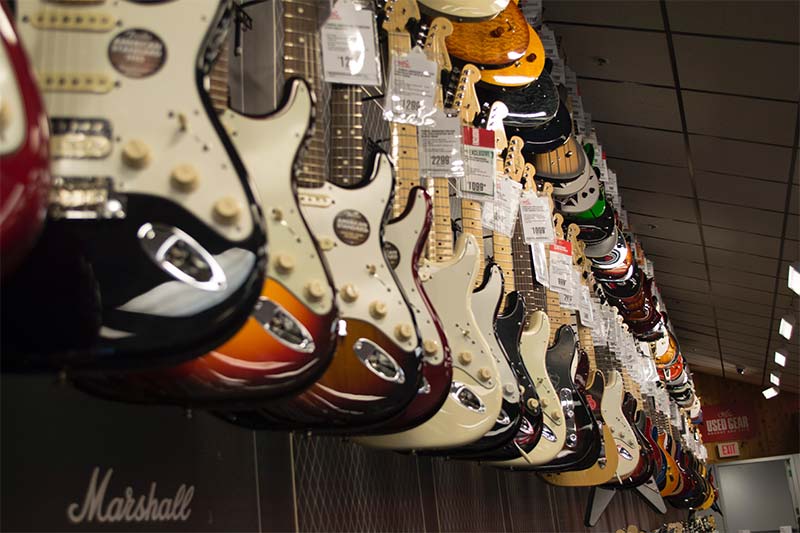
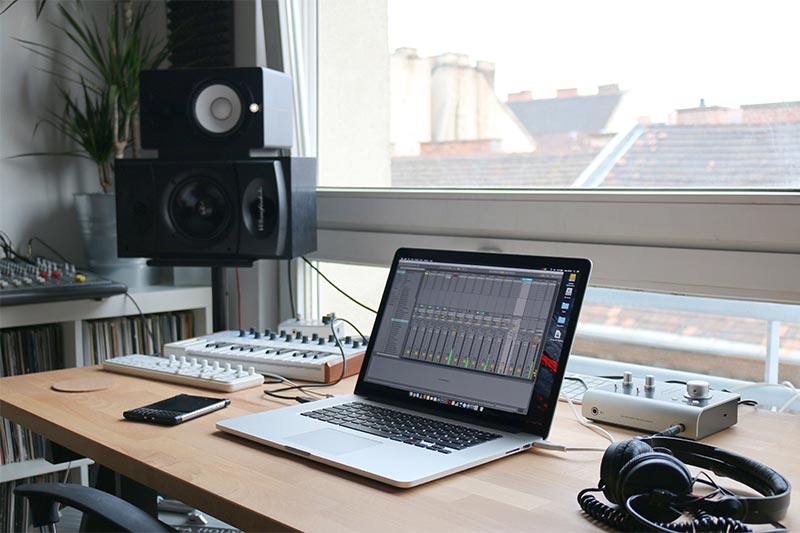
Leave a Comment